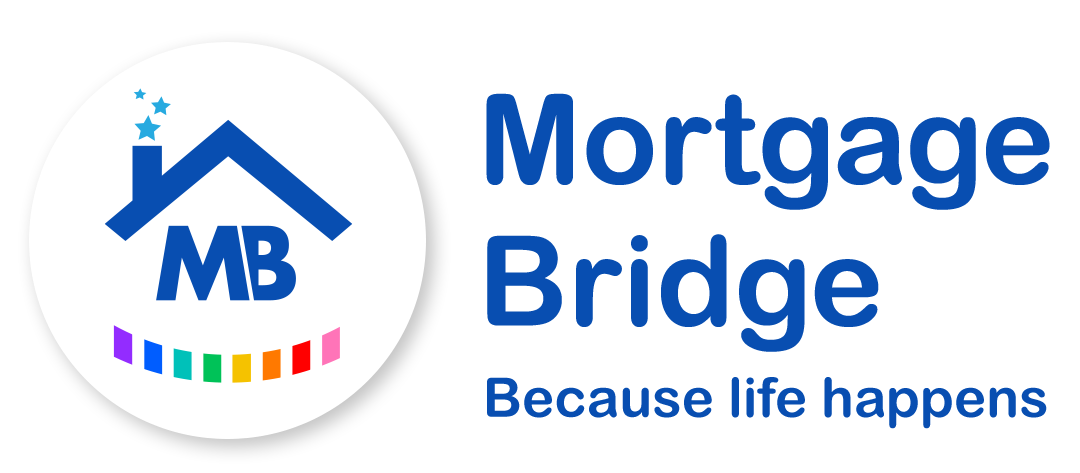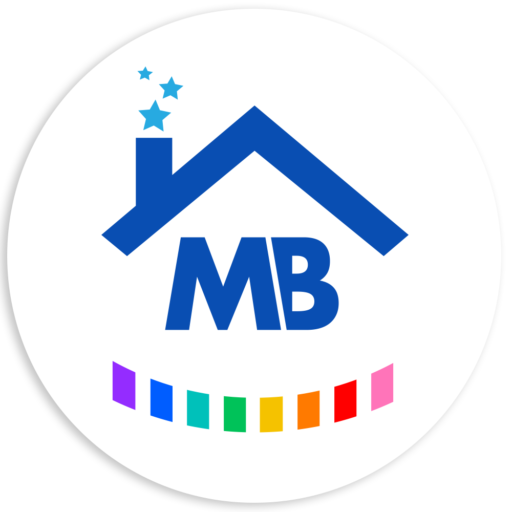A Comprehensive Guide: Self-Employed Mortgages with 2 Years of Accounts
Introduction
For self-employed individuals, homeownership can often seem like a distant goal. The traditional mortgage application process, which primarily favours those with stable employment and a regular income, can pose significant challenges for the self-employed. However, there is hope on the horizon. In this blog post, we’ll explore the possibility of securing a mortgage as a self-employed individual with just two years of accounts. With the right preparation and guidance, you can turn your homeownership aspirations into reality.
The Challenges of Self-Employed Mortgages
Self-employment is on the rise, and many entrepreneurs and freelancers are looking to buy homes. Unfortunately, the mortgage application process for the self-employed can be more complex than that for traditional employees. Lenders often require a substantial amount of financial documentation to assess the borrower’s creditworthiness and ability to meet mortgage payments. This includes tax returns, business accounts, and bank statements.
One of the most common challenges faced by self-employed individuals is the requirement for a minimum of two years’ worth of accounts. Many lenders see this as a benchmark to evaluate a self-employed applicant’s financial stability. However, if you have been self-employed for less than two years, don’t be discouraged; there are still options available.
Preparing Your Two Years’ Accounts
1. Keep Impeccable Financial Records: Before applying for a mortgage, ensure your financial records are well organised and up-to-date. This includes tax returns, business accounts, and bank statements. Lenders will scrutinise these documents to assess your income and expenditures.
2. Minimise Deductions: While it may be tempting to claim significant deductions for tax purposes, reducing your taxable income can have a negative impact on your mortgage eligibility. Consider adjusting your tax strategy in the years leading up to your mortgage application.
3. Build a Strong Credit History: Your personal credit score plays a crucial role in your mortgage application. Maintain a good credit history by paying bills on time, reducing outstanding debts, and avoiding late payments.
4. Consider a Specialist Mortgage Broker: Self-employed mortgage applicants can benefit from the expertise of a specialised mortgage broker. They have access to lenders who are more flexible in their requirements and can help you find the best deal.
Mortgage Options for Self-Employed Individuals
1. Traditional Mortgages: With a minimum of two years of accounts, you can apply for a traditional mortgage. While this option may have stricter requirements, it often offers more competitive interest rates and terms.
2. Specialist Lenders: Some lenders specialise in providing mortgages to self-employed individuals. They may be more lenient with their requirements and base their decisions on a broader range of financial indicators.
3. Self-Employed Mortgages with 1 Year of Accounts: If you have been self-employed for just one year, there are still specialist lenders who may consider your application. While interest rates might be higher, this can be a viable option to secure a mortgage.
Conclusion
Becoming a homeowner as a self-employed individual is achievable, even if you only have two years of experience. With careful financial planning, well-kept records, and the assistance of a specialist mortgage broker, you can navigate the mortgage application process successfully. While the challenges may be more significant for the self-employed, the reward of homeownership is well worth the effort.
Remember, each mortgage application is unique, and the outcome depends on a combination of factors, including your financial situation and the lender’s policies. Consult with a professional in the mortgage industry to explore your options and chart a course towards securing your home. With determination and the right guidance, the keys to your new home could be closer than you think.


